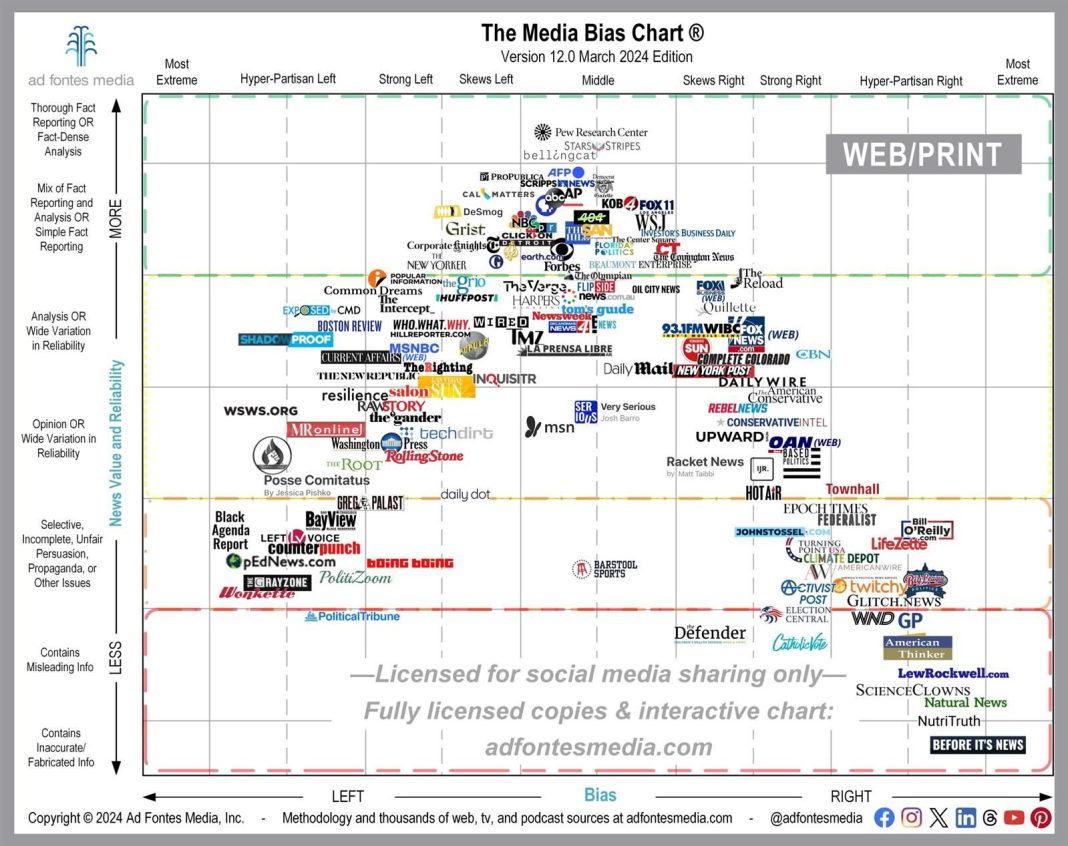 Best Buy, the American consumer electronics retailer, reported lower-than-expected sales for the first quarter of its fiscal year. However, the company emphasized higher profits and lower costs amidst softer demand for consumer electronics. Despite missing sales expectations, shares of Best Buy rose by 13% on Thursday. The retailer also beat earnings per share estimates and maintained its full-year forecast. Best Buy expects its revenue for the full year to range from $41.3 billion to $42.6 billion, which is a decline from the previous fiscal year’s revenue of $43.45 billion.
Best Buy, the American consumer electronics retailer, reported lower-than-expected sales for the first quarter of its fiscal year. However, the company emphasized higher profits and lower costs amidst softer demand for consumer electronics. Despite missing sales expectations, shares of Best Buy rose by 13% on Thursday. The retailer also beat earnings per share estimates and maintained its full-year forecast. Best Buy expects its revenue for the full year to range from $41.3 billion to $42.6 billion, which is a decline from the previous fiscal year’s revenue of $43.45 billion.
CEO Corie Barry expressed optimism about the future, stating that the company expects 2024 to be a year of increasing industry stabilization. She believes that sales trends will improve sequentially in the next three quarters. However, Barry acknowledged that Best Buy still faces challenges such as persistent inflation, high mortgage rates, and the lingering effects of outsized tech spending during the pandemic.
In terms of financial performance, Best Buy reported adjusted earnings per share of $1.20, surpassing the expected $1.08. Net income for the first quarter rose slightly to $246 million, or $1.13 per share, from $244 million, or $1.11 per share, in the previous year. Net sales dropped to $8.85 billion from $9.47 billion in the same period last year.
The company’s sluggish sales can be attributed to the aftermath of two years of unusually high sales during the Covid-19 pandemic. Best Buy is waiting for the replacement cycle of laptops, kitchen appliances, and other products to normalize. Additionally, the retailer is banking on the release of new tech gadgets to attract customers to its stores and website. CEO Corie Barry cited new Apple iPads and Microsoft laptops with built-in artificial intelligence as examples of devices that will help drive excitement and sales.
Like many retailers, Best Buy has observed a pullback in purchases of discretionary items due to higher costs caused by inflation. Customers are seeking value and holding back on pricier purchases. The company had more promotional deals and larger discounts than expected, especially in categories such as major appliances. However, Best Buy experienced growth in its services and laptop categories.
Comparable sales, which include online and in-store sales from locations open for at least 14 months, declined by 6.1% compared to the previous year. In the U.S., comparable sales dropped by 6.3%, and online sales fell by 6.1% year over year. Despite the decline, online sales accounted for nearly one-third of total U.S. revenue in the first quarter.
To drive growth, Best Buy is focusing on its subscription-based membership program, My Best Buy. The program has been relaunched as a three-tier system, with the top tier costing $179.99 per year and offering perks such as round-the-clock tech support, product protection, and repair discounts.
To cut costs, Best Buy has implemented layoffs and reduced spending. The company spent $15 million on restructuring costs during the first quarter, primarily related to severance pay for employees who lost their jobs. Best Buy has also closed stores and updated the look of its locations. The company is leveraging its relationships with vendors, such as Samsung, to provide experts in appliance departments across its stores.
Looking ahead, Best Buy adjusted its full-year capital expenditures forecast to $750 million, down from the previous estimate of up to $800 million. Despite the challenges it faces, Best Buy remains optimistic about the future and expects industry stabilization in the coming year.


